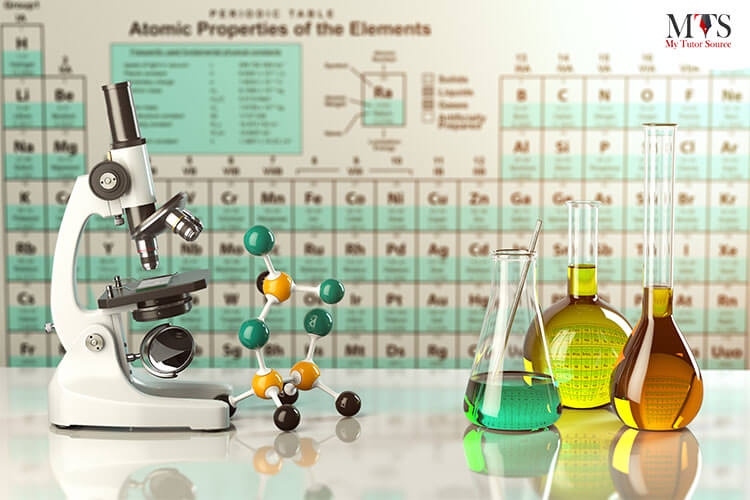

Ever tried to think beyond the tiny boxes of the periodic table?
Unfortunately, students of this age are asked to memorize tons of elements, without learning the fun facts about the periodic table.
As a matter of fact, knowing the interesting details about this table, i.e., the history of the table, the traditional ways to identify the elements, the founder of the periodic table, etc., can make chemistry less boring and trigger the motivation for learning.
Related Read: Transition Elements
Here are the amazing facts about the periodic table:
This table was presented by a Russian scientist named Dmitri Mendeleyev on 6th March 1869.
You might consider this table the first to appear back in the 80s. Well, that’s just a myth! Many scientists took the initiative to arrange the elements in a table, but it was Dmitri Mendeleyev’s table that was deemed credible by the scientific community.
The periodic table of elements has a total of 118 elements. The 98 elements that occur in nature and the rest are artificially made.
Do you know why we call this table the “periodic” table? Because the rows of it are known as periods.
Yes! That’s true! Technetium can be artificially produced in nuclear power stations. Further, it is the lightest element on the table that only holds unstable radioactive isotopes.
There are around 90 metals in the periodic table. The six groups of metals are alkali metals, basic metals, alkaline earth, lanthanides, transition metals, and actinides.
Scientists are continuously striving to discover and create new elements. They are currently working on the element numbers 119 and 120. To be precise, new elements might be added to this table in the upcoming years.
It keeps on updating depending on newly discovered elements. IUPAC (International Union of Pure Applied Chemistry) is the one that approves its versions.
Back in the 1890s, scientists used to break the solutions into different atoms with the help of the pass-the-current technique. Batteries then separate the atoms. The batteries' polarity would force all the atoms of one element to go in one direction and the others in a different direction. This way, the scientists collected the atoms in different containers and weighed them.
Most students don’t know that Dmitri Mendeleyev loved the card game, Solitaire. He used the cards to write the elements' weights and sorted them according to this game's rules.
Dmitri Mendeleyev arranged the elements of this table in increasing order of atomic number.
Doesn’t Uranium and Uranus sound similar? They do because Uranium was named soon after Uranus was discovered. Elbert Einstein’s name was also given to one of the elements, i.e., Einsteinium. Many other elements were named after the places where they were discovered.
If the atoms can have electrons faster than the speed of light only then the periodic table can have more than 137 elements, and that’s not possible!